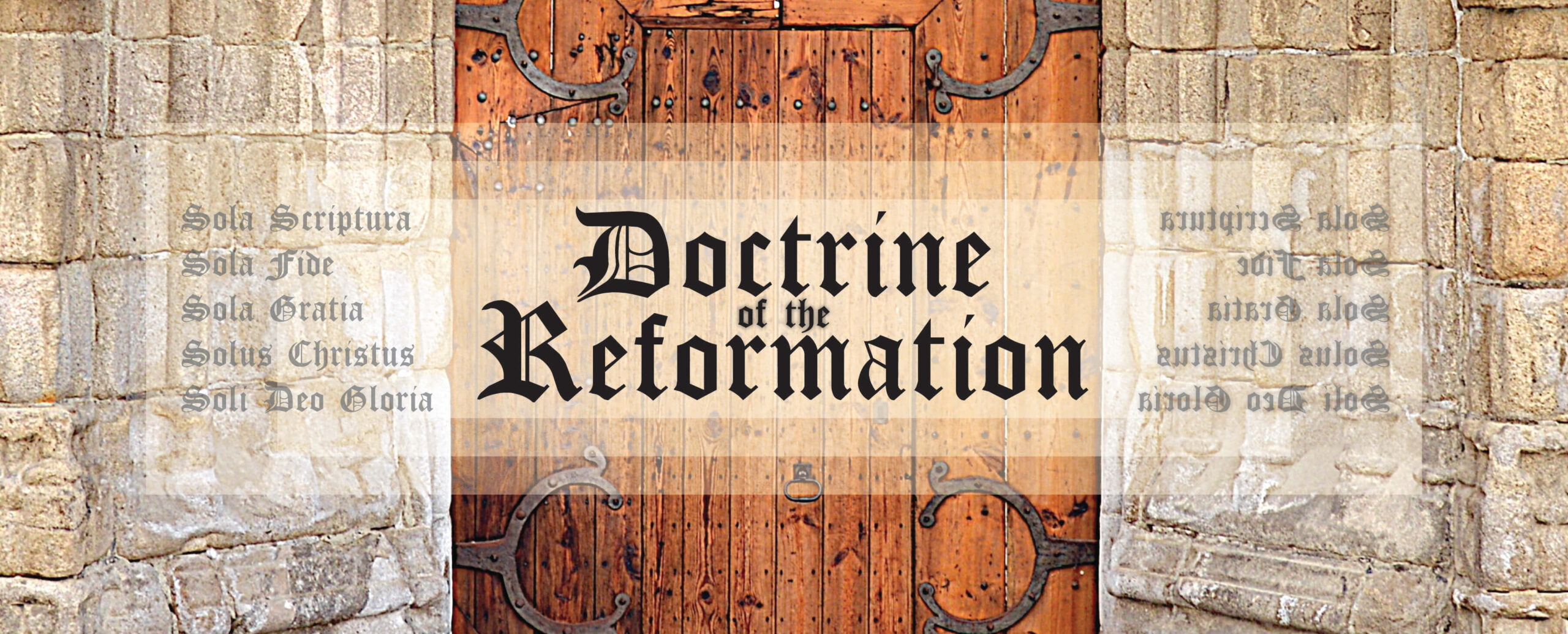
10|2017
Last week we kicked off our study on the doctrines of the Reformation with the topic of Sola Scriptura, or Scripture Alone. We saw that as humans we all appeal to an ultimate authority for our understanding of what truth is, therefore our task is to make sure we are appealing to the correct authority! Some of the different authorities Christians submit to include:
- Institutional Authority: Those in power have the ability to define truth.
- Individual Autonomy: No one except the individual has the ability to define truth.
- Hopeless Agnosticism: Truth may indeed exist, but we have no way of knowing for sure what it is.
The Roman Catholic Church has historically appealed to their institutional authority as the ultimate arbiter of truth, while modern evangelicals have often wrongly interpreted Sola Scriptura to be a license for individual autonomy (Often seen with the refrain, “Me and my Bible is all I need.”), totally void of any reliance on tradition or the historic Christian creeds. These differing approaches have left such a wide chasm that many in our day are now feeling the pull of hopeless agnosticism.
Contrary to these three approaches is the Reformation principle of Sola Scriptura, which can be defined the belief that:
The Bible alone is our authority (not Institutional Authority), we study it in the context of community and historic orthodoxy (not Individual Autonomy) where we find truth (not Hopeless Agnosticism).
Out of this doctrine four principles regarding Scripture can further be affirmed, leading us to say, Scripture is:
- Authoritative: It carries God’s authority and accomplishes His will.
- Isaiah 55:10-11, Nehemiah 8:1-9, Acts 17:11.
- Clear: The truths God has chosen to reveal can be understood through reading the Bible honestly.
- Deuteronomy 29:29, Luke 16:29-31.
- Sufficient: The Bible reveals all we need to know in order to follow and obey, particularly when understood correctly within the Church community.
- 2 Peter 1:3, 1 Timothy 3:15, 2 Peter 3:16-17.
- Necessary: No other writings reveal the Word of Life.
- 2 Timothy 4:3, Isaiah 55:8-9, John 6:68, Psalm 119, Romans 10:13-15.
One of the great treasures of the Protestant Reformation was its emphasis on Scripture and the fact that it led to the translation and propagation of the Word of God into many different languages. With this being the case, may we be a people who study God’s Word, look to it as our authority, and share the Good News it communicates with all those we meet!
Categories:: Bible Study, Resources

